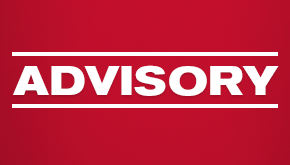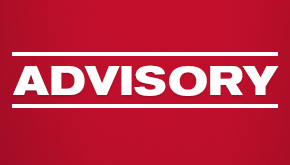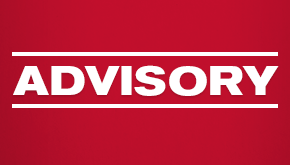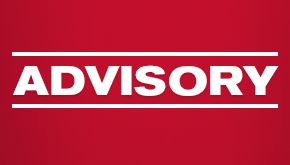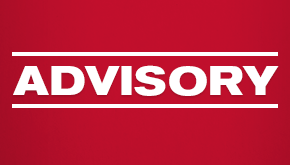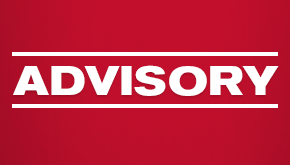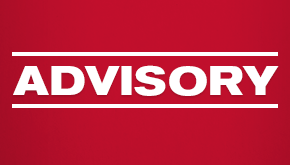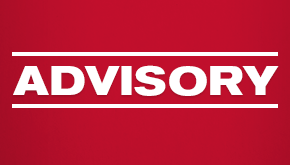Higher Education – Remote Access and Online Education in the Midst of COVID-19
Many post-secondary institutions have recently transitioned classroom students to online education in an effort to combat the vast spread of COVID-19. As colleges and universities shift to remote learning during the pandemic, the Department of Education’s Office of Civil Rights (OCR) warns that institutions must continue to meet their obligations under state and federal nondiscrimination laws when delivering online educational resources.
The suspension of on-campus activities may adversely impact student learning and the efficiency of the institution’s processes. These effects, if unaddressed, can result in compliance violations. Therefore, institutions should consider implementing the following measures to reduce compliance risks.
Accessibility under Section 504 of the Rehabilitation Act and Title II of the Americans with Disabilities Act
Special considerations should be made for students with disabilities. Colleges and universities are reminded that online resources must be accessible to all students and compatible with any assistive technology utilized by those students. Equal accessibility can be secured by taking the following steps:
- Ensure all currently offered at-home services (i.e., temporary/permanent laptops or other technology, one-on-one assistance, etc.) are made available and accessible to the entire student population. Students should be reminded of available resources by email, memo or phone to ensure all students have an equal opportunity to take advantage of them.
- Develop a special education plan for those with disabilities, including (1) homebound services such as online or virtual instruction; (2) instructional telephone calls; and (3) other curriculum-based instructional activities, to the extent available. Prior to execution, institution personnel should follow appropriate health guidelines to assess and address the risk of transmission in the provision of such services.
- Engage in routine testing of online activities to assess online accessibility. Institutions can utilize automated checkers to assess website coding; however, those checks should be supplemented manually by individuals who can identify disability deficiencies that would otherwise go undetected by automated checkers.
Administrative Reporting and Resolution under Title IX
It is important to note that offenses such as bullying, cyberstalking and harassment (including sex-based harassment) can also occur in an online learning environment. In lieu of in-person submissions, students should be permitted to report these offenses by submitting complaints electronically and by phone, if the college or university policy does not already permit those modes of reporting. Institutions are still obligated under Title IX to promptly investigate within policy timeframes and, if necessary, document and report offenses pursuant to the Clery Act. Those obligations are especially difficult if students and staff are not on campus. To avoid delays resulting from the interruption to campus operations, institutions should establish effective remote protocols for reporting and resolving student complaints, which may include:
- creating a confidential, secured portal for students to submit written complaints, responses and supporting documentation;
- setting up video conferencing for witness interviews and hearings; and
- establishing virtual remedies such as account suspension.
Some colleges and universities are suspending hearings while the COVID-19 pandemic is a threat to campus health. The better practice will generally be to pursue witness interviews and hearings, to the extent possible, by videoconferencing or other electronic means, especially if no party to the matter objects to such remote investigation procedures.
The OCR has not issued any updated guidance on this topic to-date.
Federal Legislation Impacting Students
The federal government’s massive $2 trillion coronavirus relief package offers temporary help for those struggling to make their student loan payments. Most federal loan borrowers are excused from making payments for six months. Interest is waived on the loans, and loan collectors are prevented from garnishing wages, tax returns and Social Security benefits to collect overdue payments.
The relief package also provides $14 billion in funding for higher education institutions, half of which must be used for emergency grants to help students affected by the crisis. Those grants may assist students who were displaced from campus housing before the end of the school year. Colleges and universities could face substantial class action liability if room and board fees paid for the full semester are not refunded to the students.
For more information regarding legal obligations in online education, please consult with legal counsel.
Armstrong Teasdale’s Higher Education industry team attorneys are actively monitoring and providing updates regarding the impact of COVID-19, and routinely guide colleges and universities in their efforts to comply with state and federal nondiscrimination laws.


